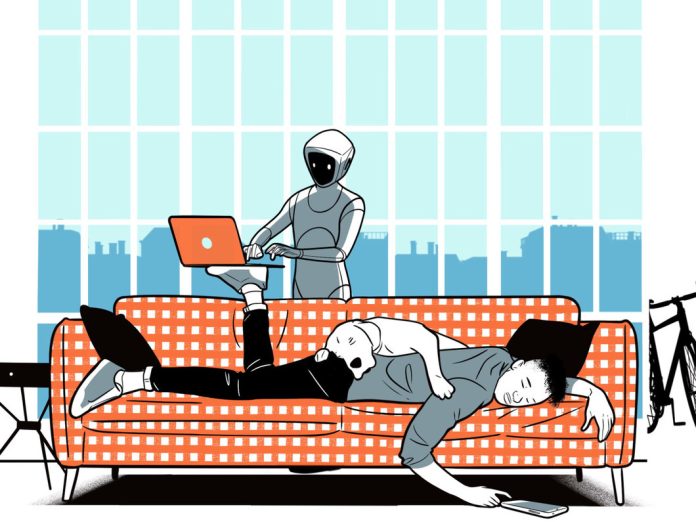AI Tools Like ChatGPT May Be Undermining Critical Thinking, New Studies Warn
For the second time in just two weeks, researchers have released findings suggesting that frequent use of AI tools could be weakening our cognitive abilities. Two independent studies—one from the University of Pennsylvania’s Wharton School and the other from MIT—add fuel to a growing concern: relying on AI might be making us less mentally engaged and more intellectually passive.
The latest research out of Wharton studied over 4,500 individuals, comparing how well participants learned and retained information when using large language models (LLMs) like ChatGPT versus traditional search engines like Google. Both groups were asked to research how to start a vegetable garden. Those who used ChatGPT provided significantly less useful and less detailed advice than those who used Google.
According to the researchers, this is due to a core feature of LLMs: they provide synthesized summaries rather than individual search results. This passive learning experience requires far less cognitive effort and engagement. As the study puts it, using ChatGPT is like being shown the answer to a math problem instead of solving it yourself. Participants who relied on AI felt less invested in their work and offered advice that was not only shallower but also less original and less actionable.
MIT’s earlier study echoed these concerns. Using EEG machines to monitor brain activity in college students as they studied, the researchers found that students who used ChatGPT showed significantly less neural activity than those who used Google Search—or no digital help at all. The term they used to describe this phenomenon? “Cognitive debt.”
However, not everyone is convinced. Critics have questioned MIT’s methodology, pointing out the lack of peer review and small sample size. Others argue that reduced brain activity could signal efficiency rather than intellectual laziness—an indication that the brain is working smarter, not harder.
Still, the broader implications are hard to ignore. The idea that outsourcing mental tasks to AI may lead to reduced mental capacity isn’t exactly radical. After all, many of us already rely on apps to navigate, calculate tips, or remember phone numbers—skills we once exercised routinely. It’s not a stretch to assume that over-reliance on chatbots for writing, research, and learning could produce similar results.
Evidence of AI’s impact on education is particularly striking. Schools across the country are reporting spikes in academic dishonesty as students use AI to write essays or complete assignments. If students are graduating without mastering basic skills like reading comprehension or critical writing, the long-term consequences could be severe.
While more research is needed to fully understand AI’s effects on the brain, early signs suggest that the trade-off for convenience may come at the cost of cognitive growth. If we let machines do all our thinking for us, we risk forgetting how to think at all.



 Viesearch - The Human-curated Search Engine
Blogarama - Blog Directory
Web Directory gma
Directory Master
http://tech.ellysdirectory.com
8e3055d3-6131-49a1-9717-82ccecc4bb7a
Viesearch - The Human-curated Search Engine
Blogarama - Blog Directory
Web Directory gma
Directory Master
http://tech.ellysdirectory.com
8e3055d3-6131-49a1-9717-82ccecc4bb7a